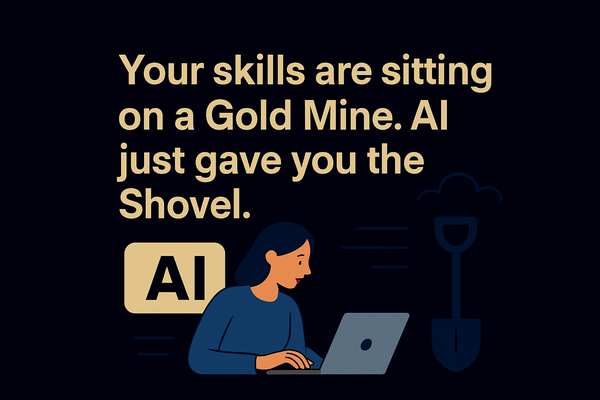Surprising Data Reveals Silent Wealth Killer
Everyone is obsessed with daily market moves and inflation data. But the biggest threat to your portfolio is hiding in plain sight. We reveal the silent killer and how to protect your investments.

The market can’t make up its mind, and it’s giving Wall Street a case of whiplash.
On one hand, the CME FedWatch tool shows traders betting on a 73.6% chance of a rate cut by September. On the other, the latest CPI forecast shows inflation ticking back up, fueled by stubborn housing costs and the threat of new tariffs.
The professionals see a minefield of conflicting signals. The social media mob? They see a green light to pile into the same handful of tech stocks, ignoring the regulatory storm clouds gathering overhead.
This reveals the single most destructive force for most investors. It’s not a market crash or a bad earnings report. The silent wealth killer is your newsfeed.
It’s an outrage-and-euphoria machine engineered for one purpose: to make you react. To get you whipsawed between “rate cuts are coming!” and “inflation is back!” It’s a guaranteed strategy for buying high on hype and selling low on fear. It turns investing into a casino where the house always wins because it plays with your emotions.
You will go broke and insane trying to trade the headlines.
The only way to win a rigged game is to refuse to play. The smartest people I know aren't trying to guess the Fed's next move. They’re building financial fortresses that make the daily news cycle irrelevant.
Their secret weapon isn't a sophisticated algorithm. It's the automatic transfer button.
Setting up automatic, recurring investments into your 401(k), IRA, and brokerage accounts is the ultimate antidote to emotional decision-making. This is dollar-cost averaging in its purest form. It forces you to buy systematically, whether the market is euphoric or terrified. It ensures you build wealth methodically while everyone else is chasing their own tail.
The market’s daily noise isn’t information. It’s a test. A test of your discipline versus your distraction.
Your financial future depends entirely on which one you let win.




